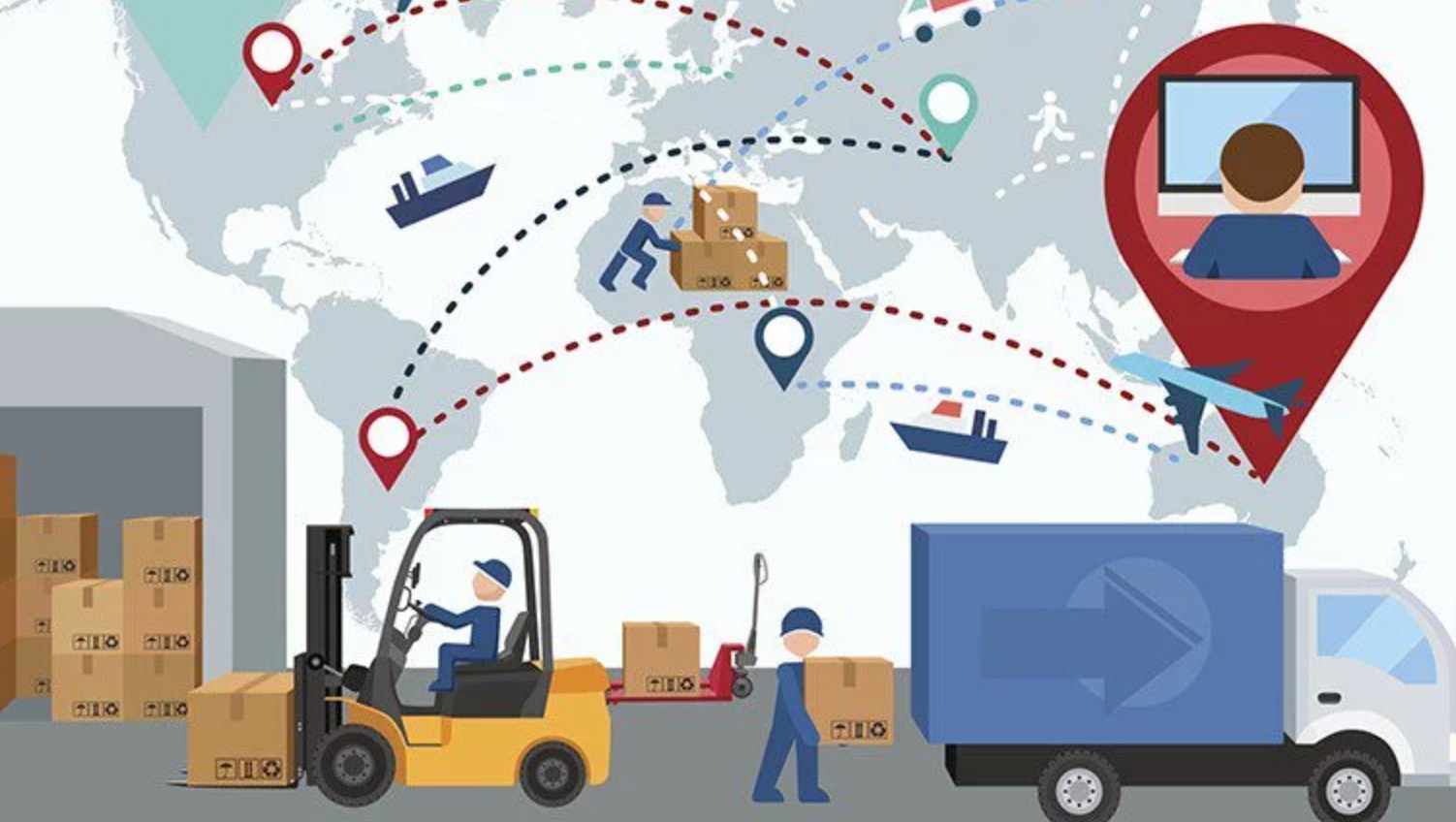In the ever-evolving world of commerce, businesses are constantly seeking ways to optimize their operations, reduce costs, and enhance customer satisfaction. One strategic approach that has gained significant traction is the utilization of third-party logistics (3PL) providers. By outsourcing logistics and supply chain management to specialized external partners, companies can focus on their core competencies while benefiting from the expertise and resources of logistics professionals. In this article, we delve into the six key benefits of third-party logistics, illustrating why 3PL solutions are increasingly becoming indispensable for businesses aiming to thrive in today’s competitive marketplace.
1. Cost Savings
A compelling strong suit of 3PL services is the potential for high money retention. Third-party logistics providers have established networks, industry relationships, and economies of scale that individual companies often cannot match. By leveraging these connections, 3PLs can negotiate better rates for transportation, warehousing, and other logistical services. This translates into lower operational costs for businesses. Additionally, outsourcing logistics can reduce the need for companies to invest in their own warehousing facilities, fleet management, and staff, further minimizing overhead expenses. Also, you can save a lot of money on spreading out your operations with third-party logistics.
2. Expertise and Specialization
3PL providers bring a wealth of expertise and specialization to the table. They are well-versed in the complexities of logistics, including the latest industry trends, technologies, and regulatory requirements. This specialized knowledge ensures that supply chain operations are managed efficiently and effectively. Businesses can benefit from the 3PL’s proficiency in areas such as inventory management, order fulfillment, and transportation optimization, leading to improved accuracy and reliability in logistics processes. Moreover, 3PLs often have advanced technology and software systems that provide real-time visibility into the supply chain, enhancing decision-making and operational efficiency.
3. Scalability and Flexibility
Another significant benefit of 3PL services is the scalability and flexibility they offer. Businesses experience fluctuations in demand, and managing these variations can be challenging. 3PL providers offer scalable solutions that can be adjusted to meet the changing needs of a business. Whether it’s a peak season requiring additional warehousing space and transportation capacity or a slower period with reduced demand, 3PLs can quickly adapt to these changes. This flexibility allows businesses to respond to market dynamics without the burden of fixed logistical costs, ensuring efficient resource utilization and cost management.
4. Focus on Core Competencies
By outsourcing logistics to a 3PL provider, a business can focus on its many core competencies. Managing logistics in-house can be time-consuming and divert valuable resources away from essential business functions like marketing, product development, and customer service. With a 3PL handling the complexities of the supply chain, companies can direct their attention and resources toward activities that drive growth and profitability. This strategic focus can lead to improved overall business performance and a stronger competitive edge in the market.
5. Enhanced Customer Satisfaction
Customer satisfaction is paramount in today’s competitive landscape, and efficient logistics play a critical role in achieving it. 3PL providers excel in streamlining supply chain processes, ensuring timely and accurate delivery of products to customers. Their expertise in inventory management and order fulfillment minimizes errors and delays, leading to a smoother and more reliable customer experience. Additionally, many 3PLs offer value-added services such as packaging, labeling, and reverse logistics, further enhancing customer satisfaction by providing comprehensive and convenient solutions.
6. Risk Management and Compliance
Navigating the complexities of logistics involves managing various risks and ensuring compliance with regulations. 3PL providers are adept at identifying and mitigating risks associated with transportation, warehousing, and distribution. They have robust systems in place to monitor and manage potential disruptions, such as weather-related delays or geopolitical issues. Furthermore, 3PLs are well-versed in regulatory compliance, including customs requirements and industry-specific standards. By partnering with a 3PL, businesses can mitigate risks and ensure that their supply chain operations adhere to legal and regulatory guidelines, reducing the likelihood of costly fines and disruptions.
Conclusion
The advantages of third-party logistics are undeniable, making it a strategic choice for businesses seeking to optimize their supply chain operations. From cost savings and specialized expertise to scalability and enhanced customer satisfaction, 3PL providers offer a range of benefits that can significantly impact a company’s efficiency and profitability. By outsourcing logistics functions to a trusted 3PL partner, businesses can focus on their core competencies, manage risks effectively, and stay competitive in an ever-changing market. As the demand for seamless and efficient logistics continues to grow, the role of 3PL providers in driving business success is set to become even more crucial.












